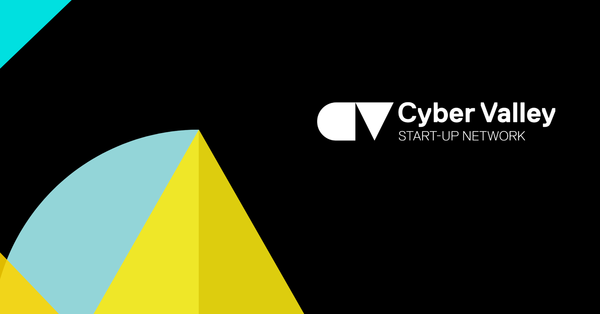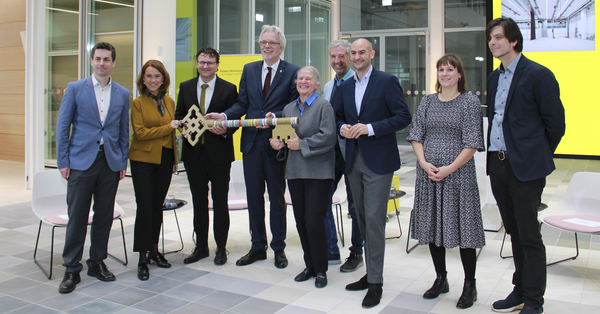AI & medicine: safe systems and their certification
Carl Zeiss Foundation funds research project with five million euros

“We want not only to improve the fundamentals of machine learning, but also to establish guidelines for certification of such AI systems, thereby enabling safe use in medicine,” says the project’s spokesperson, Professor Matthias Hein. “The AI research environment in Tübingen offers ideal conditions for this, as the expertise required for this is available here in a unique breadth in Germany. We are very pleased and grateful for the trust of the Carl Zeiss Foundation. This funding decisively advances research at the interface of AI and medicine at the University of Tübingen in structural terms.”
Project partners are the Departments of Radiology and Ophthalmology at the University Hospital Tübingen (UKT). TÜV SÜD and TÜV AI.LAB will be involved as cooperation partners in the development of certification protocols. In addition, three medical start-ups are supporting the project with data and concrete use cases: the two Tübingen-based companies AIRAmed and eye2you, both members of the Cyber Valley Start-up Network, and the Berlin-based company Vara, which is developing AI systems to detect breast cancer.
Since the founding of Cyber Valley at the end of 2016, the Stuttgart/Tübingen region has developed into a dynamic AI research ecosystem, with newly established professorships, research groups, industrial research labs, doctoral programs and Germany’s first international master’s degree program in machine learning – also thanks to the establishment of the BMBF Center of Excellence for Machine Learning (Tübingen AI Center) and the Cluster of Excellence “Machine Learning: New Perspectives for Science”, as well as the strong commitment of the Max Planck Institute for Intelligent Systems (MPI-IS). Consequently, researchers from all these institutions are involved in the project “Certification and Foundations of Safe Machine Learning Systems in Healthcare”. In addition, there are other scientists from the Institute of Ophthalmology, the Center for Quantitative Biology, the Department of Computer Science, the UKT, as well as from the working group “Ethics and Philosophy in Artificial Intelligence” of the Cluster of Excellence.
About the Carl Zeiss Foundation:
 The Carl Zeiss Foundation’s mission is to create an open environment for scientific breakthroughs. As a partner of excellence in science, it supports basic research as well as applied sciences in the STEM subject areas (science, technology, engineering and mathematics). Founded in 1889 by the physicist and mathematician Ernst Abbe, the Carl Zeiss Foundation is one of the oldest and biggest private science funding institutions in Germany. It is the sole owner of Carl Zeiss AG and SCHOTT AG. Its projects are financed from the dividend distributions of the two foundation companies.
The Carl Zeiss Foundation’s mission is to create an open environment for scientific breakthroughs. As a partner of excellence in science, it supports basic research as well as applied sciences in the STEM subject areas (science, technology, engineering and mathematics). Founded in 1889 by the physicist and mathematician Ernst Abbe, the Carl Zeiss Foundation is one of the oldest and biggest private science funding institutions in Germany. It is the sole owner of Carl Zeiss AG and SCHOTT AG. Its projects are financed from the dividend distributions of the two foundation companies.
Chair for the Methods of Machine Learning at the University of Tübingen
Related Articles

DenkBox, kausable, and polybot join the Cyber Valley Star...










